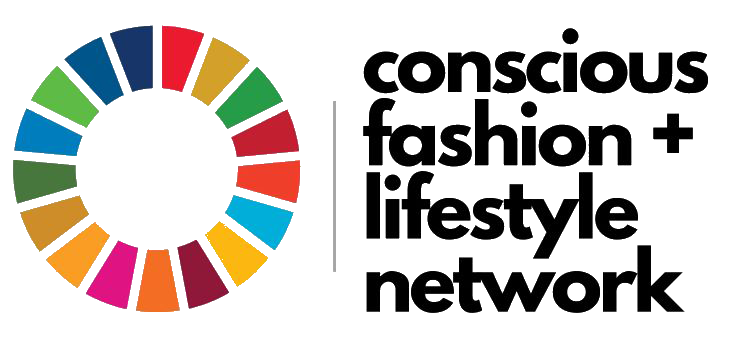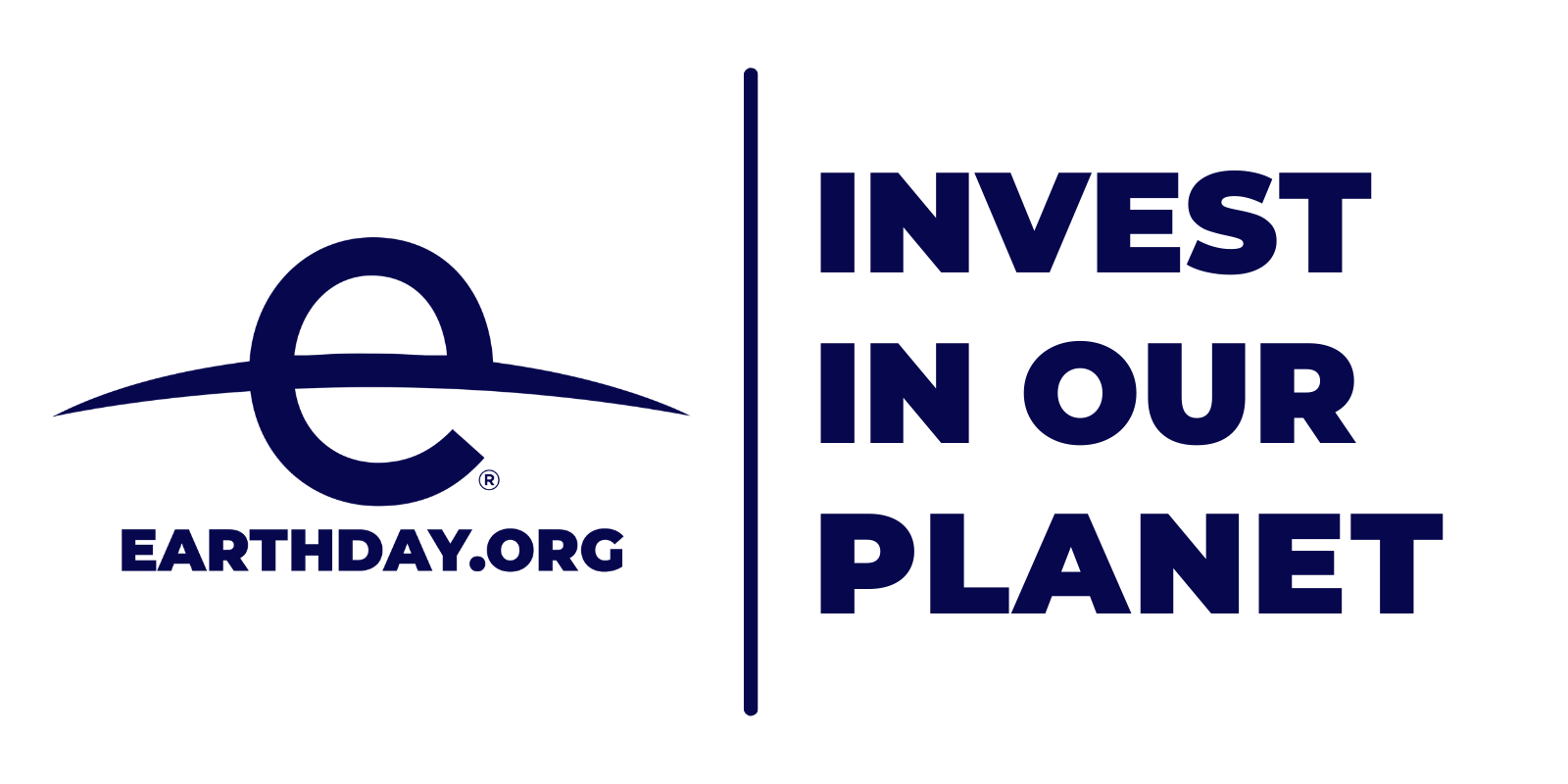Why being responsible consumers (especially at this time of year) will stop biodiversity loss – our vital life support system
Scientists, civil societies and individual activists are regularly calling for urgent action to halt climate change. The global COP27 that recently took place in Egypt welcomed nations from across the world to discuss the worrying state of global warming.
However, the rapid rate of global biodiversity loss, is just as important if we are to protect our planet.
This December scientists, NGOs and delegates from nearly 200 countries are meeting in Montreal at COP15 to tackle the grave issue of biodiversity loss and what can be done to reverse it.


What is biodiversity loss and why does it impact the planet?
Biodiversity refers to all the different kinds of life you’ll find in one area—the variety of animals, plants, fungi, and microorganisms that make up our natural world. Each of these species and organisms work together in ecosystems, like an intricate web, to maintain balance and support life. Biodiversity supports everything in nature that we need to survive: food, clean water, medicine, and shelter.
If we lose biodiversity – our vital life support system – then it is gone forever impacting our daily lives now and in the future.
Biodiversity affects everything from global health and food security to the economy and our ability to tackle the climate crisis as the United Nations explains.


Why are we witnessing biodiversity loss?
The main driver of biodiversity loss remains humans’ use of land for food production.
In the last few years, several major reports have all called for changes in the world’s food system and highlighted the need to move towards plant-based diets in order to protect global diversity and to promote sustainability.
The most recent report into biodiversity loss is the Chatham House report which states that agriculture accounts for 80% of global land-use change. From 1980 to 2000, 42 million hectares of tropical forest in Latin America were lost to cattle ranching, and 6 million hectares were lost to palm oil plantations in Southeast Asia. At the same time, the global food system accounts for around 30% of total anthropogenic greenhouse gas emissions. But climate change is reducing crop yields and nutritional quality, increasing pressure to convert more land to agriculture.


What is the UN Biodiversity conference – COP15 – doing to tackle these issues?
The Secretary General of the UN Antonio Guterres made it quite clear when he spoke at the COP15 UN conference:
It up to us to accept responsibility for the damage we have caused and take action to fix it … I urge you to do the right thing. Step up for nature. Step up for biodiversity. Step up for humanity. Together, let’s adopt and deliver an ambitious framework — a peace pact with nature — and pass on a better, greener, bluer and more sustainable world to our children.
Antonio Guterres



With these words echoing in our ears and the holiday season upon us how can we all make a difference to help stop biodiversity loss?
Make food swaps
What is on your plate could directly be contributing to biodiversity loss. Look to make positive food swaps and embrace a plant-based diet. ACTAsia actively promotes plant-based nutrition and recently launched our innovative Plant Forward campaign the aim of which is to increase understanding of plant-based eating and to explain why plants are a vital part of a sustainable future.
Shop locally
Not only will you be supporting local businesses that are much in need of your economic support, but you will also be helping to the reduce carbon footprint. Locally sourced products travel less meaning less carbon dioxide emissions. Make an effort to visit a farmer’s market and purchase seasonal and organic produce. This saves on the emissions used to ship produce to a grocery store while also reducing pesticide usage.
Buy sustainable and Fairtrade products
Purchasing sustainable and Fairtrade products will make a small difference but that can go a long way in preserving biodiversity. If you crave coffee in the morning then replace it with a brand that supports Fairtrade and sustainable practices. This small shift means helping coffee farming families earn a decent income while ensuring that the farming practices are in harmony with the natural environment.
Educate future generations to protect biodiversity
In 2020, in addition to our six year Caring for Life education curriculum, ACTAsia developed lesson plans to highlight the importance of biodiversity loss and climate change. We recognise the importance of teaching children about the crisis we are now facing and how they can help to protect our planet from a young age.
ACTAsia’s Caring for Life (CFL) for Children education programme aims to help Asian children, aged between 6 and 12 years old, to develop a sense of compassion and responsibility for animals, people and the environment. Taught over six years and based on UNESCO’s Four Pillars of Education, the curriculum encompasses social welfare and citizenship, animal welfare and environmental issues. The course teaches children that all living things are interdependent.
How does ACTAsia promote the importance of protecting biodiversity?
Educators discuss the importance of looking after the environment and how children can make a difference. This year ACTAsia focused on the environment, biodiversity loss and climate change during their Earth Day activities. Celebrated world-wide on 22nd April, Earth Day is an opportunity for nations to demonstrate their support for global environmental protection. ACTAsia ran a diverse programme of events including programmes focused on plastic pollution and the damaging impact of plastic on our biodiversity systems.
Please help us now to stop biodiversity loss. As Antonio Guterres stated:
- Nature is humanity’s best friend.
- Without nature, we have nothing.
- Without nature, we are nothing.
- Nature is our life-support system.
ACTAsia relies on donations in order to continue its vital education programme teaching children in Asia to show compassion and empathy to animals, people and the environment. If you would like to support us, you can donate via the website.
![ACTAsia [logo]](https://www.actasia.org/wp-content/themes/ACTAsia-2022-theme/assets/img/actasia-en-colour.svg)



